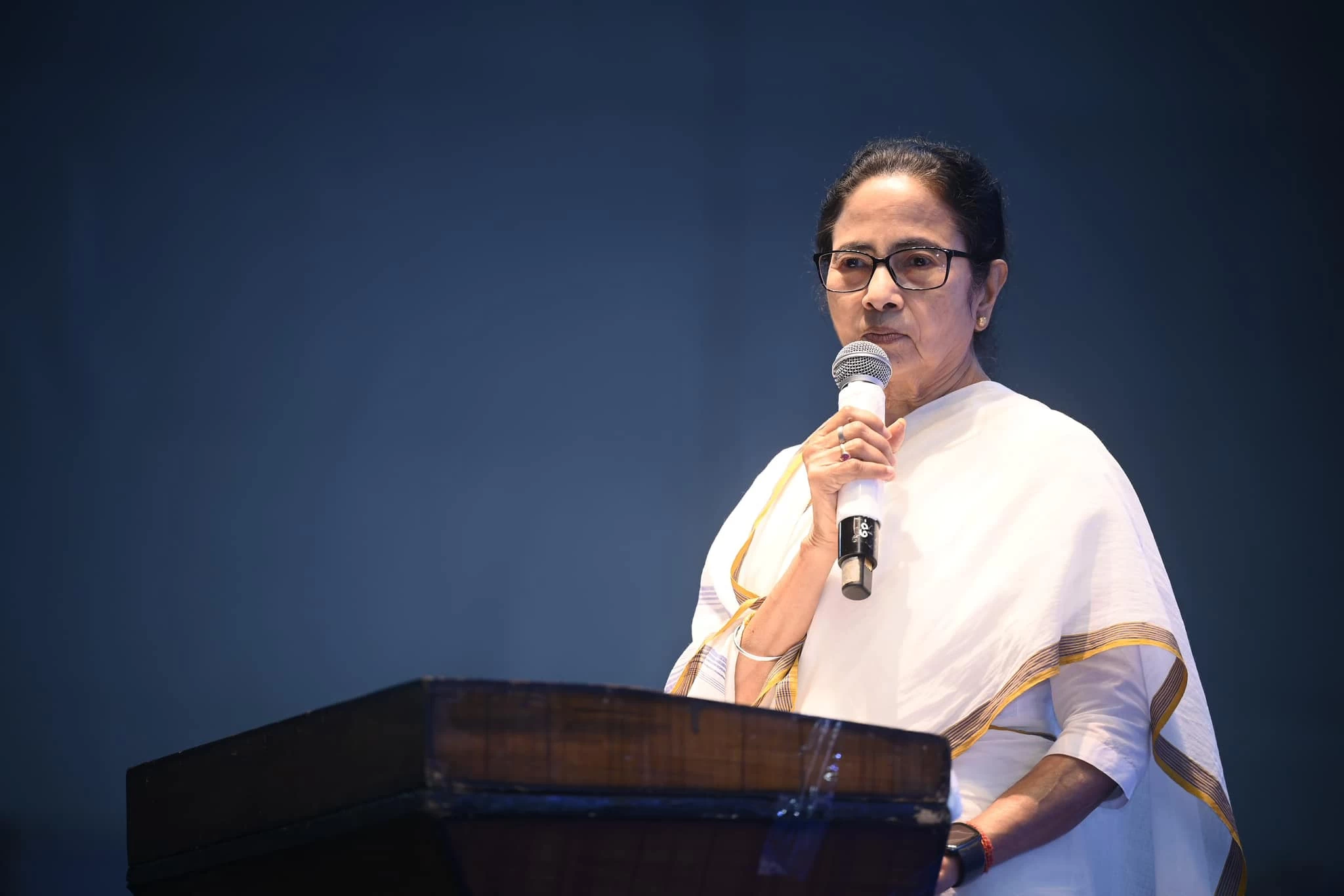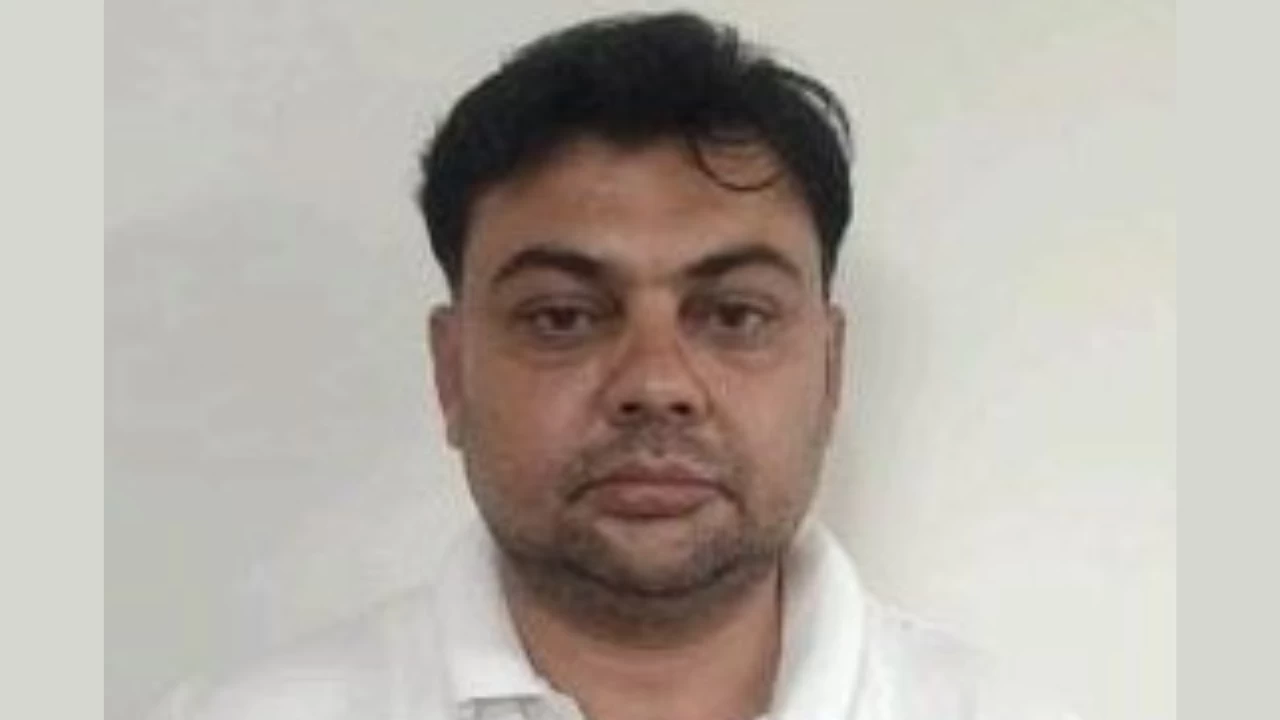Latest Updates
"An egregious error…”: Supreme Court Overturns Madras High Court Judgment, Affirms Criminal Liability for Child Pornography Storage
.webp)
The Supreme Court on Monday set aside a Madras High Court ruling that stated mere storage of child pornographic material, without the intention to transmit, did not constitute an offence under the Protection of Children from Sexual Offences Act (POCSO Act). The apex court described the High Court’s decision as an "egregious error" and restored the criminal prosecution against the accused.
A bench comprising Chief Justice DY Chandrachud and Justice JB Pardiwala emphasized that the failure to delete, destroy, or report stored child pornographic material could imply an intention to transmit it. "From the failure on the part of the accused to delete, destroy or report the material, the foundational facts necessary to invoke the statutory presumption of culpable mental state could be said to have been prima facie established," the court observed.
Justice Pardiwala outlined key points of the judgment, highlighting that Section 15 of the POCSO Act defines distinct offences related to the storage or possession of child pornographic material. He noted, "Sub-section (1) penalizes the failure to delete, destroy or report any child pornographic material with the intention to share or transmit it."
The court clarified that the term 'storage' does not require the material to be present at the time of the FIR's registration. It stated, "Even if the storage no longer exists at the time of registration of the FIR, an offence can still be made out if it is established that the accused had stored or possessed such material at any point in time."
Justice Pardiwala further explained that a contrary interpretation could have dangerous implications. "If, for instance, a person deletes child pornography immediately after viewing it, can we say they are not liable under Section 15? The answer must be an emphatic 'no,'" he asserted.
The court addressed different sub-sections of Section 15, emphasizing that they are independent offences. "If a particular sub-section is not attracted, it must not be concluded that no offence is made out under Section 15," Justice Pardiwala explained.
The apex court also urged Parliament to replace the term 'child pornography' with 'child sexual exploitative and abusive material' and requested the government to bring forth an ordinance for this amendment.
This judgment arose from a plea filed by the Just Rights for Children Alliance, which raised concerns about the social implications of the High Court's earlier ruling. Senior Advocate HS Phoolka represented the petitioners.
The Madras High Court had previously argued that the accused merely downloaded the material for private viewing and had not transmitted it. The petitioners had warned that the High Court’s ruling could give the impression that downloading such material would not lead to prosecution, potentially increasing the demand for child pornography.









